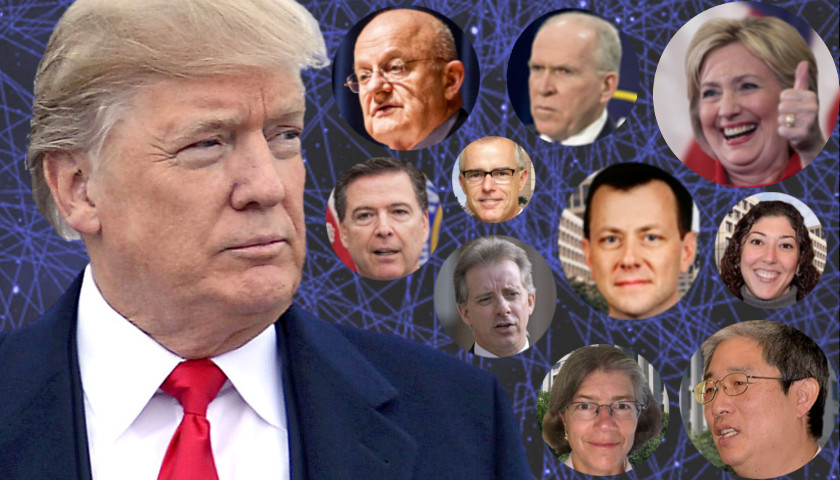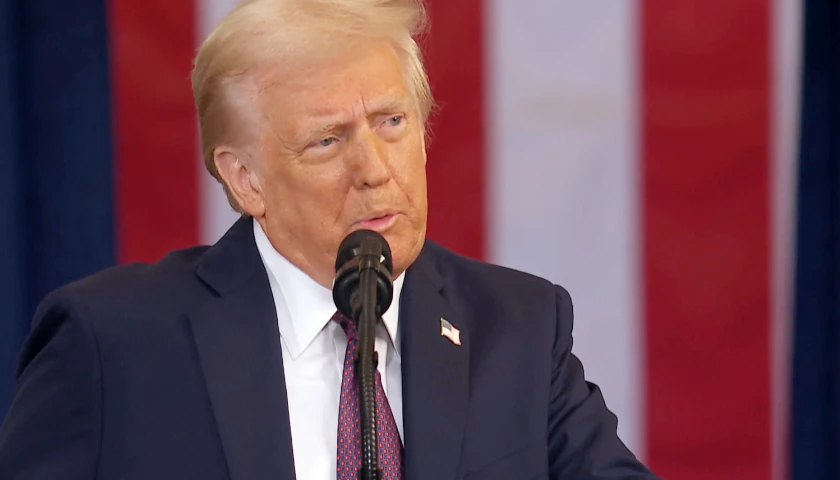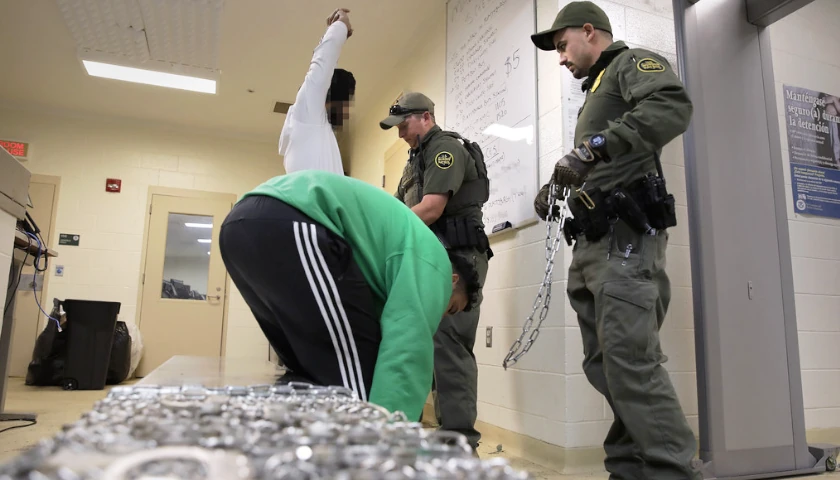by Jay Whig
The president should ground the 17 intelligence agencies until they can be reformed and proven safe.
Think about it like an ant farm. A blank layer of sand sits between two plates of clear plastic. Introduce the ants, and each following their own ant agenda, the ants construct a maze of purposeful tunnels and activity—a colony.
No individual ant understands the colony, but each runs its simple routine. Taken as a whole, however, the ants produce a complex system of functional outputs.
In the human brain, 86 billion neurons interact according to the agendas of the individual neurons. Exactly how no one knows, but this produces the intelligent outputs of a human being.
In the field of artificial intelligence, a “neural network” works similarly. A web of computational nodes runs simple algorithms to process inputs and to generate additional sub-inputs to other nodes, generating complex outputs that reflect deep learning. No individual node itself is capable of intelligence, but taken together their routines synthesize intelligent output.
Institutional organizations, bureaucracies, have an artificial intelligence.
The Federalist describes institutional intelligence as a failsafe in the absence of competent or “enlightened” statesmen. Take in many selfish interests and perhaps they will cancel out one another, allowing only the common good as an output (Federalist 10). Separate the powers of government to induce ambition to counteract ambition to create an output, a “will.” independent of transient public opinion (Federalist 51).
America’s Founders recognized the superiority of human intelligence to any institutional intelligence. The problem with well-intended individual human intelligence is that, on some days, it is scarce in high places. (Or in Madison’s words, not always “at the helm.”) If the enlightened statesmen don’t show up, the autopilot institutional intelligence serves as a temporary back-up.
Americans are acquainted, to the point of tears, with the fact the United States has 17 intelligence agencies. We are told over and over that these agencies concurred in the view that Russia “interfered” in the 2016 election through hacking of Democratic National Committee emails and the purchase of Facebook ads.
That Russia interfered in 2016 to help one candidate or another to any material effect has never been shown.
The promotion of the idea of Russian interference in our elections has, nonetheless, interfered with American politics enormously, delegitimizing our institutions and officeholders, destabilizing the government, and distracting the legislature to the point of barely functioning. No single factor, after Hillary Clinton’s ostentatious refusal to accept the results of the 2016 election, has done more to drive this dysfunction than America’s “intelligence” agencies.
Like the ant farm, the 17 intelligence agencies are an artificial intelligence. Unlike the ant farm, which competently carries out nature’s purposes for ants, the intelligence agencies are incompetent, wantonly damaging the nation’s institutions and promoting conflict among the world’s largest nuclear powers.
Each intelligence agency is a node in a neural network. Each agency itself is made up of nodes—individual intelligence agents, bureaucrats. Each bureaucrat has his own routines made of several subroutines. The first is always perpetuation: don’t lose your position. The second is promotion: advance within the institution. Next is self-importance: the intelligence bureaucrat sees himself as a vital actor in a great struggle, elevating the significance of his responsibilities through any number of romantic fantasies, the most popular of which today is Russian subterfuge.
No one individual at the top actually directs the activities of the 17 intelligence agencies. The director of national intelligence directs only his own staff. The agencies evidently also don’t take their direction from the president, and to the extent the 17 heads of the 17 agencies exercise control over their respective agencies, they merely provide a sub-input to the one or more of the other 17 agencies to make a consensus.
Without an individual human intelligence directing the outputs of the intelligence agencies, the autopilot is a catastrophic software glitch with no override. The incompetence comes not from malfeasance, although no city of 800,000—a low estimate of the top-secret security clearances—long existed without a jail, and the 17 agencies have no jail, as abuses, leaking, and violations of civil liberties go unpunished.
The incompetence comes from the summation of all the individual routines and subroutines of each bureaucrat within the agencies that produce conspicuously unintelligent—and dangerous—outputs.
Most recently, former Director of National Intelligence Joseph MacGuire permitted members of his department on uncreditable information to brief Congress on 2020 Russian interference, fueling partisan efforts to delegitimize the 2020 election before it happens.
MacGuire was dismissed summarily for his imprudence, and National Security Adviser Robert O’Brien disputed the reports, but count on the 17 intelligence agencies to keep producing similar output. It is a routine this artificial intelligence is executing in a loop.
None of this is serving the nation well. The output from the 17 intelligence agencies undermines the very idea of elections. If foreigners can corrupt elections easily by altering public opinion with Facebook ads and phishing hijinx, there is no discernible public will for ballots to measure. Maybe the unelected members of the 17 agencies have as a component of their individual algorithm a rule that expertise is superior to voting?
When an artificial intelligence clearly fails, like a chatbot that starts making racist remarks after some deep learning online or an autopilot that flies aircraft into the ground, its designers shut it down. The 17 intelligence agencies are analogous to the failed chatbot or autopilot. It should be a top priority that the 17 agencies be grounded, shut down, consolidated, and reformed so as never to operate in this way again.
– – –
J. Whig is an attorney practicing in New York and a resident of Connecticut specializing in insolvency and restructuring. Opinions are his own.





